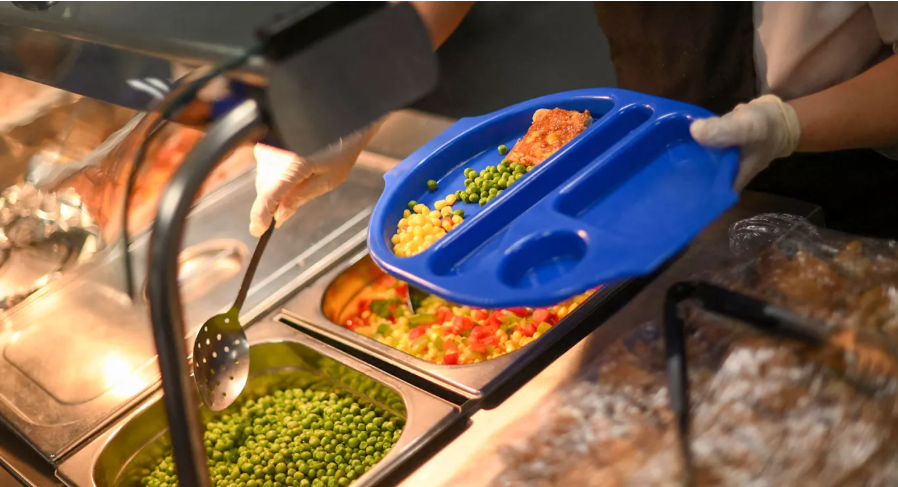
5 minutes - Jun 2025
Free School Meals Expansion: A Welcome Step, But Is It Enough?
Back to News & Insights
Could This Be the End of Income-Based Barriers to Free School Meals?
In a major policy shift aimed at tackling child poverty, the Department for Education (DfE) has announced that all children living in households receiving Universal Credit will be eligible for Free School Meals (FSM) from the start of the 2026 school year.
This change is expected to help a significant number of children, especially those in families previously just above the income threshold. However, analysts including the Institute for Fiscal Studies (IFS) caution that in the short term, the impact may be smaller than projected.
Is the Free School Meals Expansion a Game Changer or Just a First Step?
Education Secretary Bridget Phillipson described the move as a “giant step” towards ending child poverty, removing the long-standing £7,400 income cap (after tax and deductions) that previously limited eligibility. As of September 2026, household income will no longer be a factor any child from a household on Universal Credit will qualify.
Key Facts: Free School Meals Expansion
-
Start Date: September 2026
-
Eligibility Change: All children in households on Universal Credit
-
Previous Cap Removed: £7,400 annual household income
-
Estimated Children Benefiting: 500,000
-
Children Lifted Out of Poverty (Gov’t Estimate): 100,000
-
Estimated Long-Term Cost: £1 billion per year
-
Short-Term Cost Estimate: £250 million annually
-
Current FSM Eligibility (as of Sept 2024): 2.1 million pupils (24.6% of state-funded pupils in England)
-
Application: Parents to apply via National Insurance number
-
Auto-Enrolment: Not included
-
Pupil Premium Funding: Will continue to be based on current FSM criteria
Sector Response: A Positive Step, With More Needed
Leaders and experts across the education sector have broadly welcomed the announcement, while urging further action:
-
Paul Whiteman (NAHT): Welcomed the expansion, but called for auto-enrolment to ensure no child misses out.
-
Pepe Di’Iasio (ASCL): Called it a positive statement, but highlighted the need to work through key implementation details.
-
Carl Cullinane (Sutton Trust): Praised the step but raised concerns over continued funding gaps.
Concerns Around Pupil Premium Funding
One major concern is the disconnection between FSM eligibility and pupil premium funding. Currently, schools receive additional funding (up to £1,480 per eligible pupil) based on the old income threshold. This will not change with the new eligibility criteria. Experts, including campaigners and organisations like the Sutton Trust, warn this could create a two-tier system, where many disadvantaged pupils no longer generate additional school funding.
Application Process and Enrolment
While full auto-enrolment is not being introduced, the DfE has committed to a simplified application process. Parents will be able to apply by providing their National Insurance number, and most schools will open applications in advance of the 2026 school year. Although not automatic, this change is expected to improve take-up rates among eligible families.
Conclusion
The expansion of Free School Meals is a historic and positive policy development. It addresses long-standing calls to support more children in need, particularly those from low-income families on Universal Credit. However, the true success of the policy will depend on how it is implemented especially in aligning pupil premium funding, improving take-up, and ensuring schools are financially supported.
There is still time for the government to refine this policy further. If done properly, it could mark a real turning point in the fight against child poverty in England.
Similar Insights




Subscribe now!

Let's Elevate
Educational Excellence Together.



